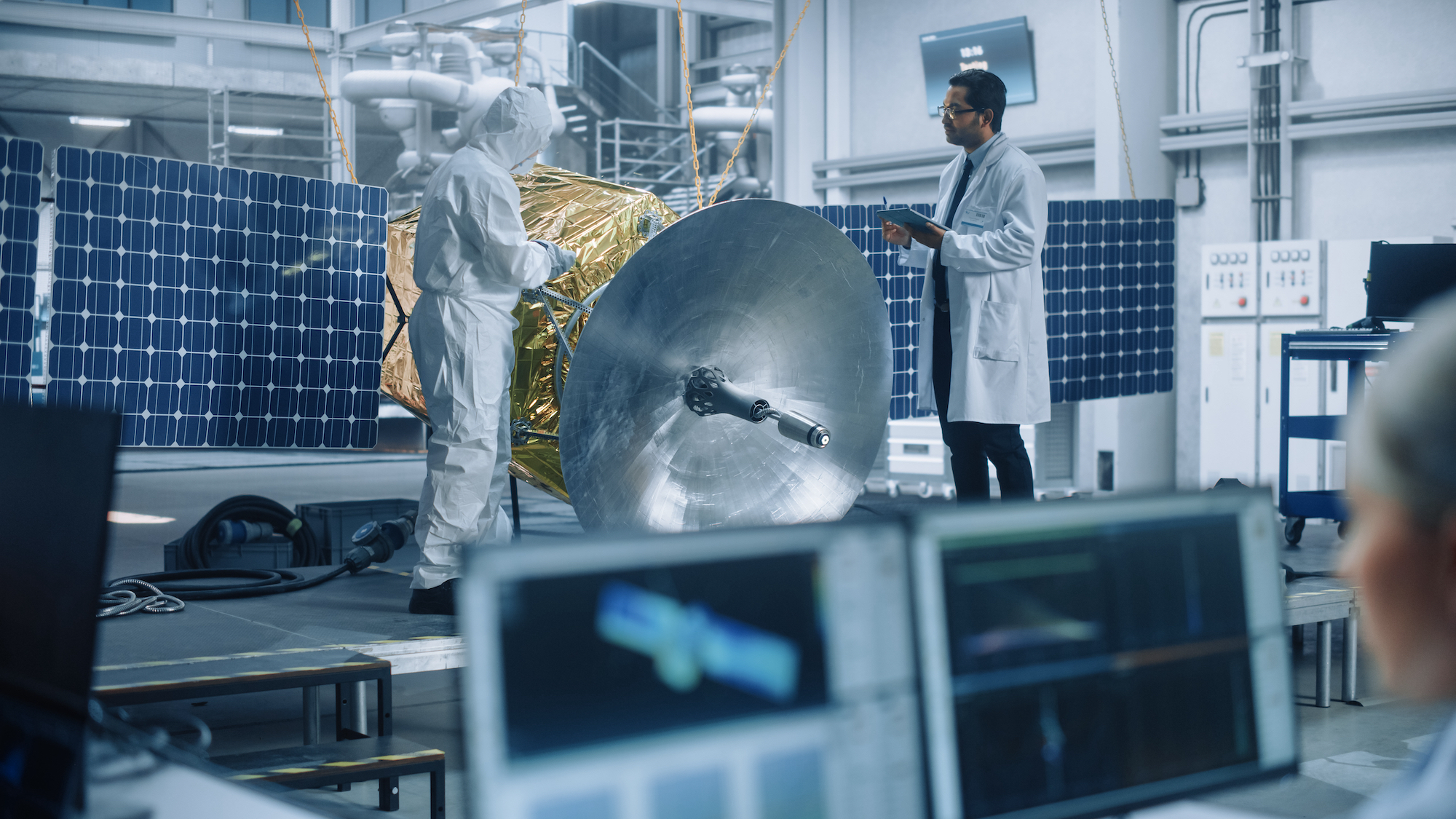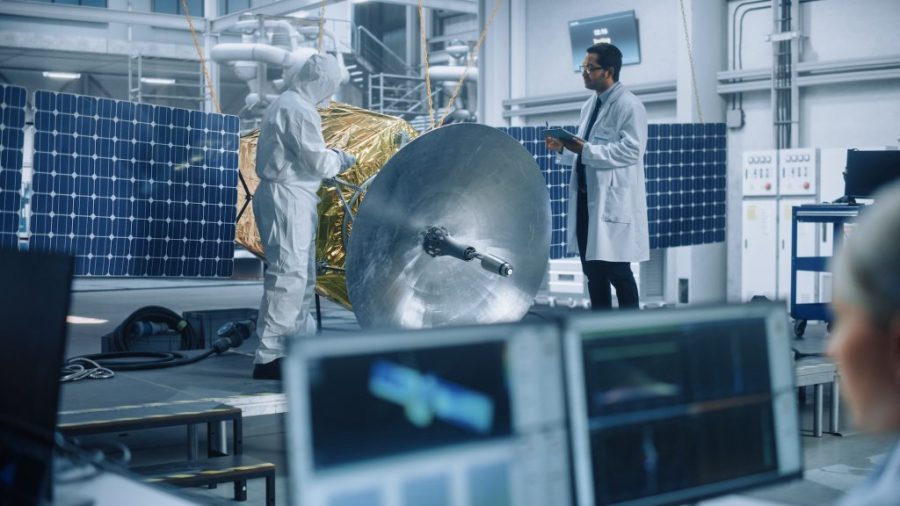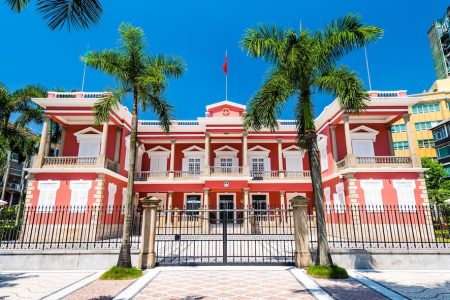Macao’s scientists have responded enthusiastically to the payload specialist selection for the nation’s manned space programme.
The selection, announced last Monday, was held in Macao for the first time, aiming to select specialists who will undertake scientific research and experiments in space and operate space laboratory equipment.
William Chao Chong Hang, associate professor at the Faculty of Health Sciences of the University of Macau (UM), has submitted his application for the selection after carefully checking the requirements.
According to the Macao Civil Aviation Authority, the target candidates are required to be healthy Chinese nationals aged between 30 and 45 who are Macao permanent residents with a doctoral degree and have engaged themselves for at least three years in the research fields of medicine, biology, psychology, physics or chemistry, mechanical or electrical engineering, astronomy or other disciplines.
If selected, Chao said he wishes to carry out research on the influences of a gravity-free environment upon the body functions and histiocytes of organisms so as to lay the foundation for biological research on future space travel.
Pui In Mak, acting director of the State Key Laboratory of Analogue and Mixed-Signal VLSI at UM, said he is most interested in finding out how to improve broadband communication in order to make high-speed wireless communication between the space station and the ground smoother.
Sio Weng Hong, lecturer at the Institute of Applied Physics and Materials Engineering at UM, said he would like to research the influences of space radiation on the physical properties of semiconductor materials by collecting, processing, and analysing data from experiments in space.
Tang Chi Pui, associate professor at the State Key Laboratory of Lunar and Planetary Sciences at Macau University of Science and Technology, said the city’s scientists used to feel the chance was too slim for them to work in space, The Macau Post Daily reported.
“Now, the rare opportunity of payload specialist selection makes us better oriented and more motivated,” said Tang, whose lab was China’s first state key laboratory in the field of astronomy and planetary sciences and has taken part in major national deep space exploration projects.






